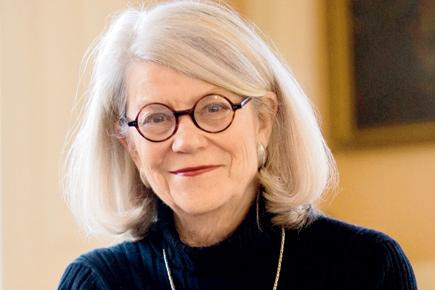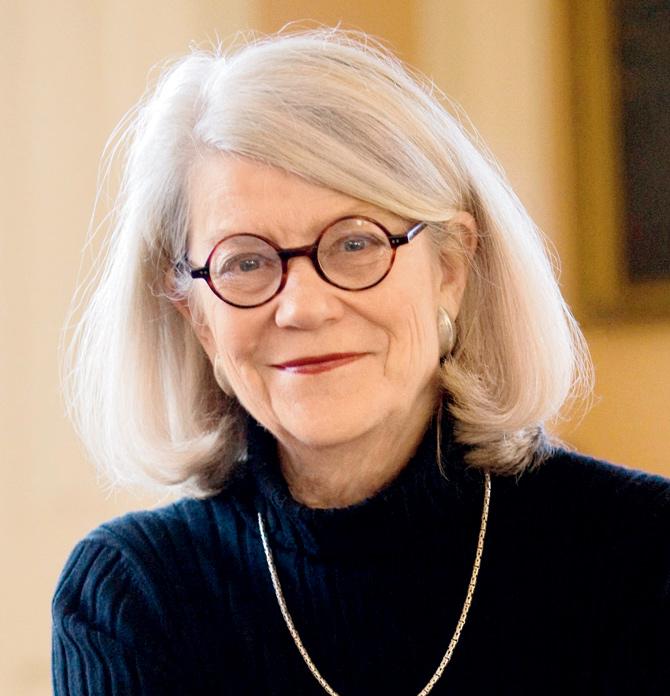In a lecture this week, Diana L Eck will explain why no other country needs their rivers like we do


Diana L Eck, professor of Comparative Religion and Indian Studies and Director of The Pluralism Project at Harvard University, first came to India in a college study programme at Banaras Hindu University in 1965-66. During that first year was when became interested in the religious traditions of India. The author of Banaras, City of Light (1982), is the speaker at the Vasant J Sheth Memorial Lecture this week, and she hopes to spread awareness on the plight of the rivers of India.
Excerpts from the interview:
ADVERTISEMENT

Q. What awareness do you aim to bring about in this lecture?
A. The importance of India’s rivers for the sustenance and religious life of the people of India, and thus the significance of the degradation of the rivers. No other culture uses its rivers in quite the same way as India. Nehru famously said that the dams will be the temples of modern India. But, especially for Hindus of many different traditions, the rivers are truly the temples of the faith. If the rivers are destroyed by human neglect, something far more significant will be lost.
Q. How can one improve the condition of these rivers?
A. A concerted and coordinated commitment of government at all levels —from the central government, to state governments, to municipalities. No sewage and industrial waste can flow into the river untreated. What is equally important is the commitment and consciousness of people to insist that “Mother Ganga” and the other sacred rivers be maintained as swift-flowing rivers, fit for bathing. There are many demands made on the rivers — for hydroelectric power, for irrigation, for transport, and for religious life. These must be balanced so that the rivers remain living and strong.
Q. Tell us about the Pluralism Project that you started in 1991?
A. The Pluralism Project was launched to study the changing religious landscape of the US in light of the new wave of immigration. In the 50 years since the 1965 Immigration Act, Hindus, Muslims, Sikhs, Jains, and Buddhists have become an important part of American life. America is coming to a new consciousness of what it means to say, “We, the people of the United States.” This is now a much wider “we” and this fact poses new challenges for all of us.
 Subscribe today by clicking the link and stay updated with the latest news!" Click here!
Subscribe today by clicking the link and stay updated with the latest news!" Click here!






